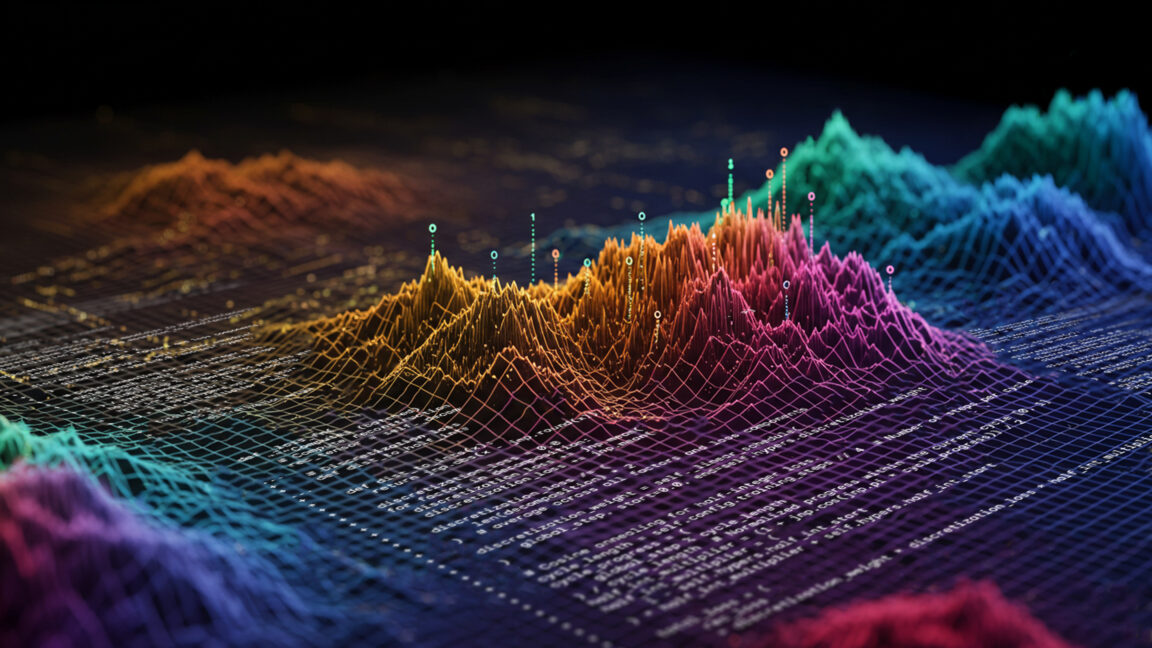Google DeepMind's AlphaEvolve: AI That Designs Algorithms and Optimizes Hardware – A Leap Toward Self-Improving Systems

A Revolutionary AI: Introducing AlphaEvolve
Google DeepMind has achieved a significant milestone in artificial intelligence with the creation of AlphaEvolve, a groundbreaking AI system capable of not only learning but also inventing new algorithms. This isn't just about improving existing processes; it's about building AI that can autonomously design solutions, pushing the boundaries of what's possible in machine learning and hardware optimization.
Beyond Learning: Algorithmic Invention
Traditionally, AI excels at learning from vast datasets and applying existing algorithms to solve specific problems. AlphaEvolve takes a giant leap forward by demonstrating the ability to generate entirely new algorithms. This capability opens up exciting possibilities across various fields, from scientific discovery to engineering design. Imagine AI designing new drug candidates, optimizing complex logistical networks, or even creating entirely new programming languages – AlphaEvolve is a step towards making that a reality.
Hardware Optimization: A Practical Application
The impact of AlphaEvolve isn't just theoretical. DeepMind has already showcased its practical applications by leveraging it to optimize Google's next-generation Tensor Processing Units (TPUs). TPUs are custom-designed hardware accelerators crucial for powering Google's AI workloads. AlphaEvolve analyzed the Verilog hardware description language for these TPUs and, remarkably, identified and implemented a change that reduced unnecessary bits, increasing overall efficiency.
This optimization, while seemingly small, highlights the AI's ability to understand complex hardware designs and identify opportunities for improvement that human engineers might miss. It's a testament to AlphaEvolve’s potential to revolutionize the design and optimization of computer hardware.
Verification and Future Implications
While Google is currently verifying the chip modification proposed by AlphaEvolve, the expectation is that this optimization will be integrated into the upcoming TPU processor. This integration will mark a significant moment – the first time an AI-designed optimization will be deployed in a production-level hardware system.
The development of AlphaEvolve has far-reaching implications. It suggests a future where AI plays an increasingly active role in not just using technology but also designing and improving it. This self-improving cycle could lead to exponential advancements in various fields, ushering in a new era of AI-driven innovation. DeepMind's work paves the way for a future where AI becomes a true partner in solving some of the world's most complex challenges.
Key Takeaways
- AlphaEvolve is a novel AI system capable of inventing new algorithms.
- It has already been used to optimize Google’s TPUs, improving hardware efficiency.
- This development represents a significant step toward self-improving AI systems.






